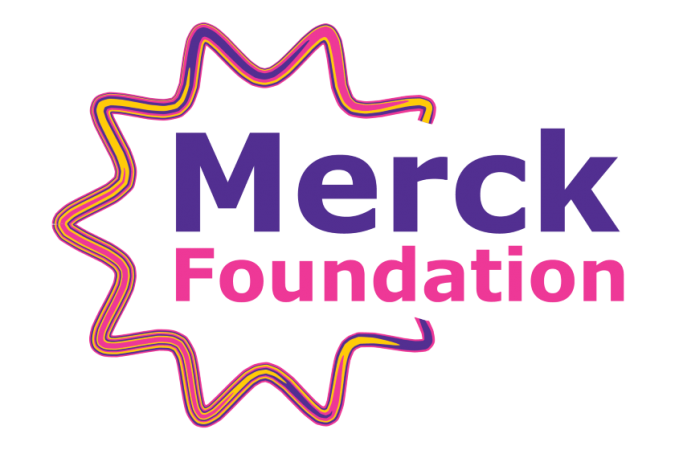
The Merck Foundation, the philanthropic arm of Merck KGaA Germany, has announced the winners of the 2024 Merck Foundation Africa Research Summit (MARS) Awards. These awards honour outstanding scientific research across Africa, with a particular focus on empowering women and youth in STEM (Science, Technology, Engineering, and Mathematics). This year, five researchers from different African countries were recognized in two categories: Best African Women Researchers and Best Young African Researchers. The initiative aims to advance research, particularly in women's health and reproductive care, and foster innovation in STEM.
The awards were organized in collaboration with key partners, including the International Federation of Fertility Societies (IFFS), Africa Reproductive Care Society (ARCS), Manipal University, and the African Union Scientific Technical Research Commission (AU-STRC). Senator Dr Rasha Kelej, CEO of Merck Foundation and Chairperson of the Merck Foundation Africa Research Summit (MARS), emphasized the importance of these awards in empowering African researchers. Dr. Kelej noted that the MARS Awards, established in 2016, celebrate the achievements of African researchers and this year recognized six exceptional individuals for their contributions to scientific research in critical areas such as women's health and reproductive care. She added that the awards aim to enhance the capabilities of young and women researchers in Africa and strengthen their roles in STEM.
The winners of the 2024 MARS Awards will undergo advanced research training at a leading institute in India. Additionally, the first-place winners were invited to participate in the 11th Edition of the Merck Foundation Africa Asia Luminary, held in Tanzania.
In the Best African Women Researchers category, Dr. Nompumelelo Lebogang Malaza from South Africa was recognized for her work on the association between biochemical and epigenetic markers with glycaemic control and neonatal outcomes in diabetic pregnancies. Dr Dorotheah Obiri from Ghana was honoured for her research on immune dysregulation in placental malaria and hypertensive disorders of pregnancy.
In the Best Young African Researchers category, the winners included Dr Jules Irenge Mongane from the Democratic Republic of the Congo for his study on the association between bacterial vaginosis, Chlamydia trachomatis infection, and tubal factor infertility; Dr Christian Chassem Lapue from Gabon for his research on the epidemiology of helminthiases in women of reproductive age; and Dr. Gebrhud Berihu Haile from Ethiopia for his work on neonatal mortality and survival factors in Northern Ethiopia.
Looking ahead, the Merck Foundation has opened applications for the 2025 MARS Awards under the theme "The Role of Scientific Research in Women’s Health and Reproductive Care." The call invites final-year African PhD students and young investigators to submit abstracts related to women's health, infertility, and reproductive care by June 30, 2025. While submissions must originate from researchers based at African institutions, collaborative projects with organizations outside the continent are encouraged.
This initiative, supported by AU-STRC, ARCS, and Manipal Academy of Higher Education (MAHE), continues to advance the mission of promoting innovation and inclusion in STEM across Africa. By empowering researchers, particularly women and youth, the MARS Awards play a crucial role in addressing global health challenges and driving scientific progress on the continent.
Article by Jed Mwangi
Photo/Google

Comment